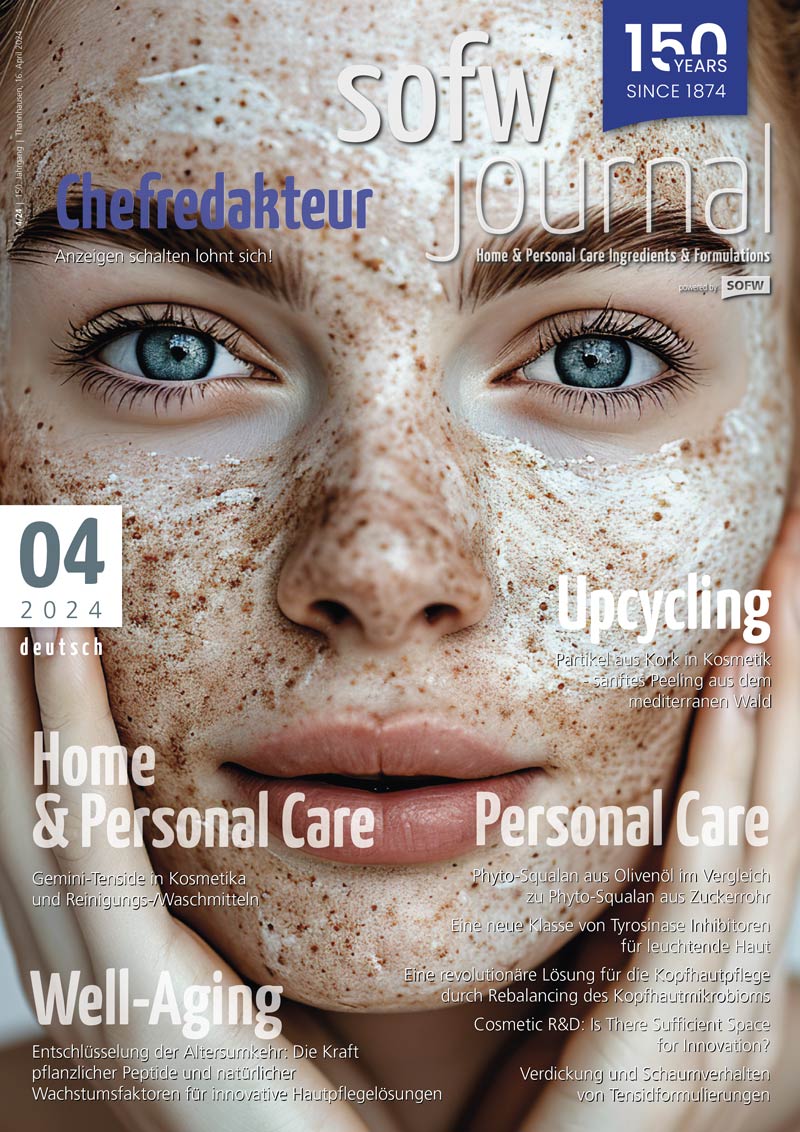SEPAWA® CONGRESS 2022
Speaker: Marc-Kevin Zinn
Company: Universität Duisburg-Essen & Hochschule Rhein-Waal
Title: How Effective are Cleaners With "Effective Microorganisms"?
Abstract: Cleaning products that contain microorganisms as active components (microbial-based-cleaning-products) are now commercially available in numerous variants. In addition to Bacillus spores, some of these products contain, so-called "Effective Microorganisms" (EM), which are supposed to be able to displace pathogenic germs on various surfaces. To test the effectiveness of EM-based household cleaners, the microbial composition was analysed using MALDI-TOF and sequencing (16S / ITS). In addition, the cleaning performance according to the IKW standard and the bactericidal and fungicidal effect were tested in accordance with DIN EN 13697. Co-cultivation tests and long-term effects on pathogens simulating repeated application were carried out with two EM-solutions in the IKW reference cleaner. The results showed a cleaning performance that was lower or equal to that of the reference cleaner for two of the seven EM cleaners tested. The co-cultivation experiments of different, potentially pathogenic test germs with EM showed that the initial concentration of EM was decisive for their establishment in the co-culture. In undiluted form, the EM showed some effects against Staphylococcus aureus, Escherichia coli and Serratia marcescens. The EM were able to coexist with Aspergillus brasiliensis, but did not inhibit its growth. In the presence of Candida albicans, no growth of the EM could be detected. To simulate repeated cleaning with EM cleaners in the household, an experimental set-up was established in which a soiled or contaminated surface was treated with EM-based cleaners. It was shown that the EM as an additive in a cleaning formulation were not detrimental to the cleaning effect, but no sustainable colonisation of the surfaces with EM could be seen, which could have prevented a simultaneous colonisation by pathogenic microorganisms.












